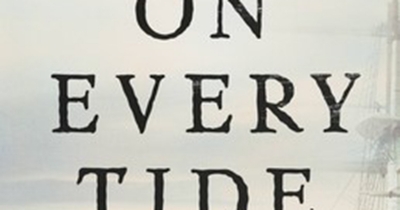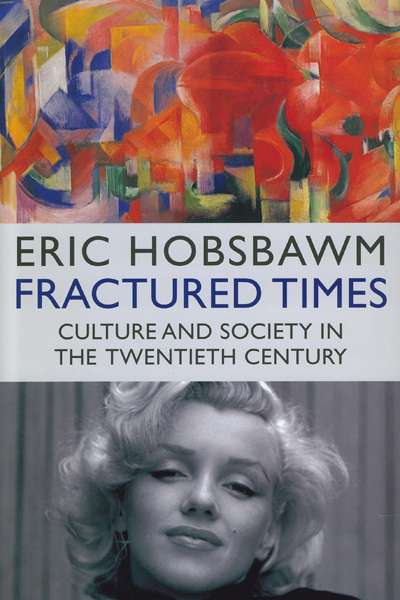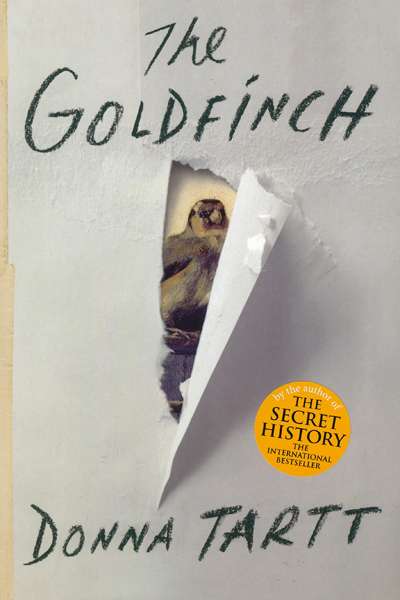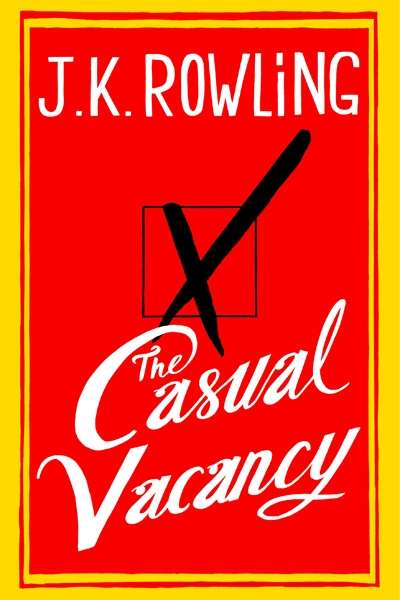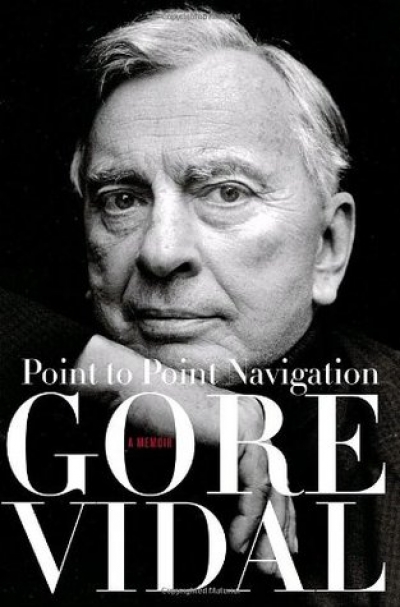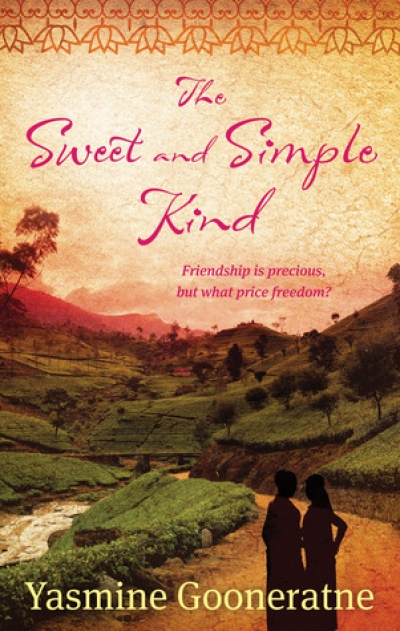Donna Tartt has produced just one novel a decade so far: The Secret History, which came out in 1992 to enormous success; The Little Friend, ten years later, which barely rippled the surface of the literary world; and now The Goldfinch, which I suspect will achieve at least the standing of her first novel. Her novels possess a signature of sorts: crisply polished prose, perfect syntax, beautifully observed places and events, tricky characters, and unresolved crimes. They also explore the difficult world of adolescence, with their principal characters either witness to, or active participants in, those crimes. To this extent they possess a family resemblance to crime fiction; but they refuse to obey its conventions. The world is not restored to order at the end of her novels; the guilty are not punished, or the innocent rewarded. Instead, events and consequences roll indifferently on, unconcerned by fairness or justice or right, leaving the narrator to stumble through an attempt to make sense of what is in fact almost entirely random.
...
(read more)

